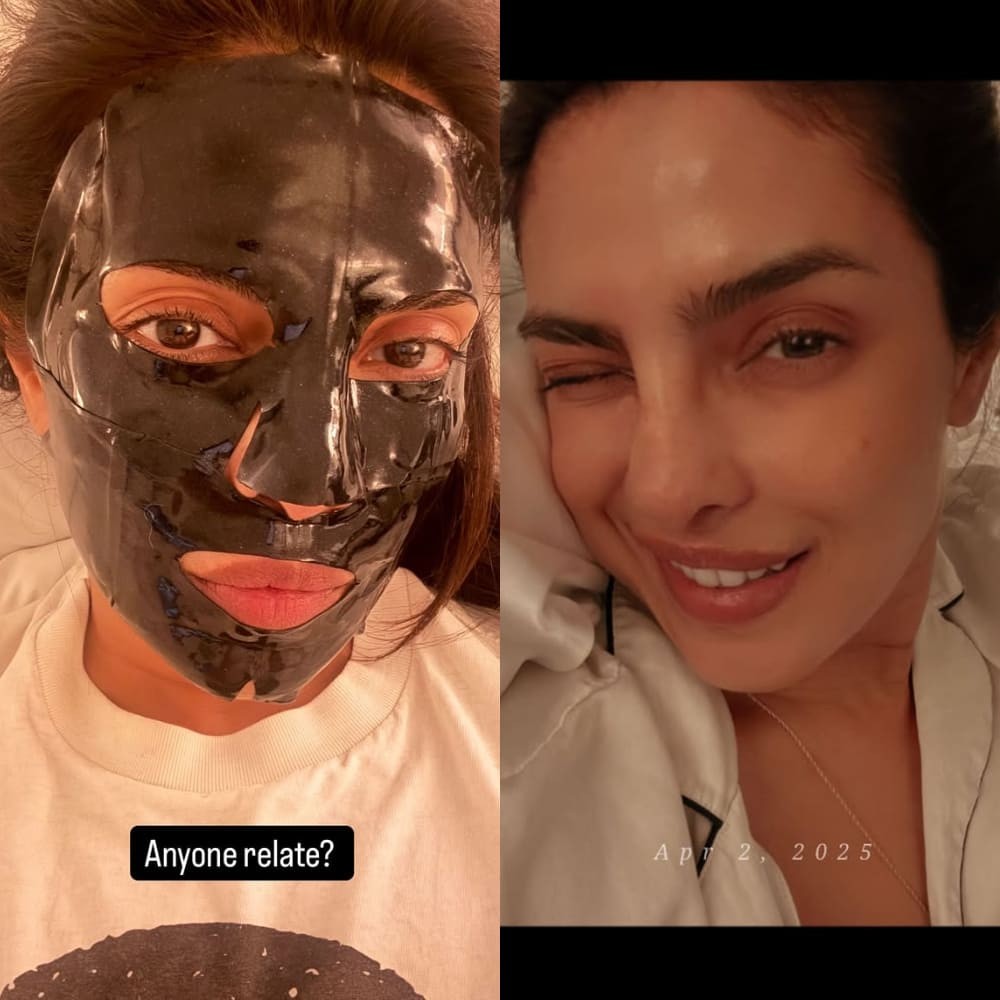Decoding 10 potential side effects of olive oil
Olive oil is densely packed with healthy nutrients. But, side effects of olive oil show up with over-consumption. Read on to know about the harmful effects of olive oil.
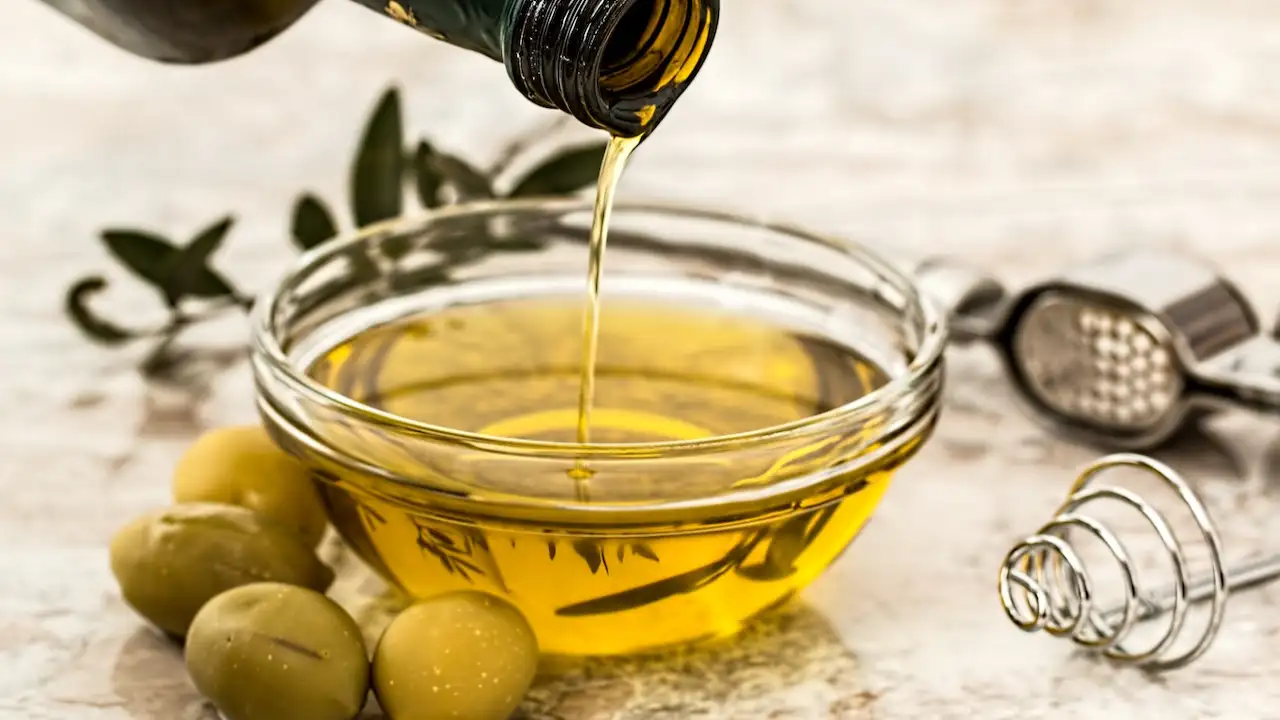
Olive oil has acquired a special place in our kitchens for its known health benefits. Fitness junkies often replace their salad dressings with a spoonful of olive oil and many nutritionists suggest using olive oil as cooking oil instead of regular rice bran or mustard oil. But, consuming too much olive oil can have certain side effects too. Yes, it’s true!
Olives come enriched with nutrients our body needs every day but consuming them in moderation is the key to staying fit and healthy. Before you replace your regular cooking oils, you must be aware of the potential side effects of olive oil.
Is Olive Oil as Healthy as We Believe?
Olive oil is an organic oil extracted from olive fruits and is revered in the wellness industry for its rich nutritional profile. The monounsaturated fatty acids, antioxidants, vitamins, and minerals in olive oil are crucial for keeping you fit and active. According to health experts, consuming olive oil, especially virgin olive oil regularly may be beneficial for your overall health.
But we all know that every coin has two sides. Undoubtedly, consuming olive oil in moderation may provide you with numerous health & beauty benefits, but eating too much of it can have adverse effects on how your body metabolizes fats. Besides, olive oil may not be as good for your cardiac health as you believe or have read in several publications over the internet.
Therefore, we have gone a whole nine yards to bring some excellent pieces of information recounting the side effects of olive oil. Come and explore the world of olive oil and the downsides of replacing your regular cooking oils with it.
10 Side Effects of Olive Oil
1. Acne & Breakouts
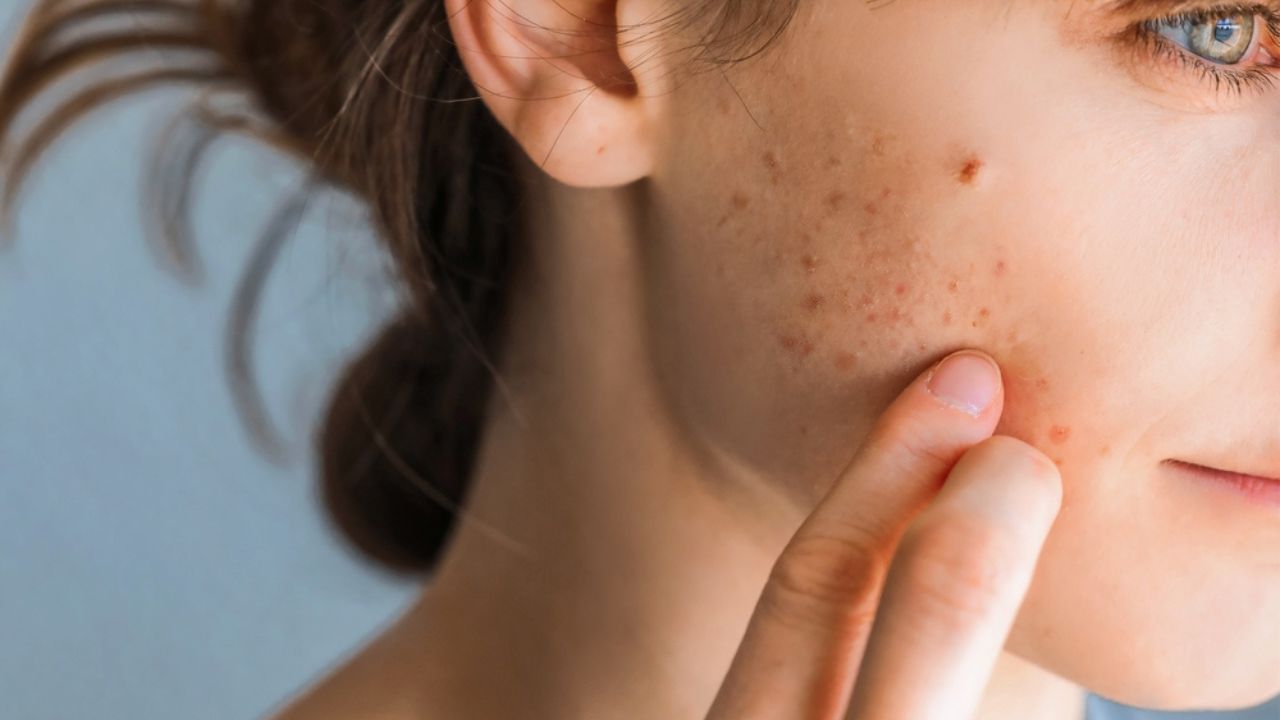
Many of us love to massage our skin with virgin olive oil before bedtime to quench the thirst of dry skin and achieve glowing & radiant skin. And why not? It contains vitamin E, antioxidants, and healthy fats that lighten hyperpigmentation, fight inflammation, and deeply moisturize the skin.
But, olive oil is thick in consistency and does not get absorbed quickly into your skin. Applying too much olive oil on your face may form a thick layer on your skin and clog the pores. The dirt and grime trapped inside the clogged pores may then cause acne and breakouts on your skin. Side effects of olive oil massage include acne, breakouts, and rashes.
So, don't go overboard with applying olive oil to your skin every night. Rather, using it twice a week would be enough to achieve clear, smooth, and radiant skin.
2. Skin Allergies & Rashes
If you are one with sensitive skin & prone to allergies, you must avoid using olive oil on your skin. Applying olive oil directly on your skin may cause rashes, allergies, and eczema. If you often experience such skin allergies, you may also experience discomfort after eating foods that contain olive oil as an ingredient. Therefore, it’s better to know the potential olive oil benefits and side effects before you start consuming it every day.
3. Cardiac Problems
It may sound contrary to what is commonly believed, but using olive oil regularly may not be good for your heart health. Most olive oils available in the market today are either refined or partially hydrogenated under high pressure and heat. Such refining treatments alter its molecular structure and lower the amounts of Omega-3 fatty acids contained in olive fruits.
Besides, including too much olive oil in your diet may reduce good cholesterol levels in the body and spike bad cholesterol simultaneously. Such an elevation in LDL may increase your risk of suffering cardiovascular disease in the long run.
Therefore, it’s important to limit the intake of olive oil to lower the risk of heart disease.
4. Lowers Blood Pressure
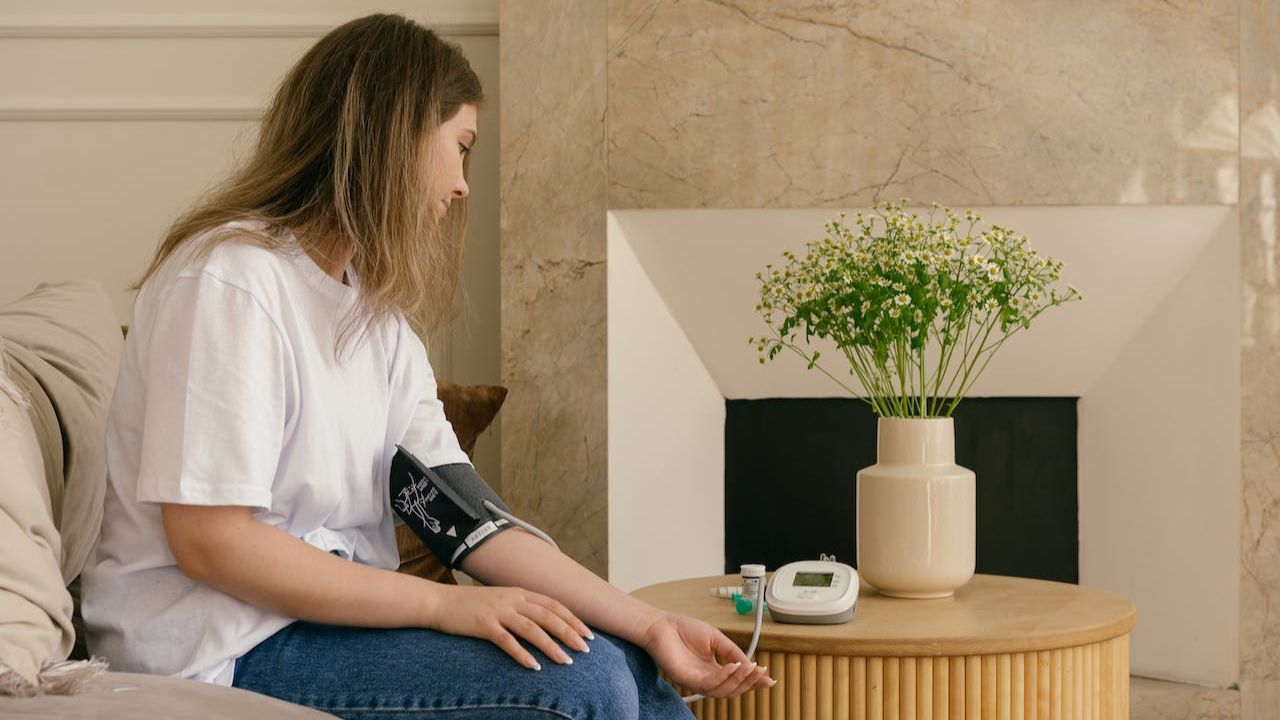
Olives are revered in the fitness arena for their heart-healthy properties. All thanks to the healthy fats and antioxidants present in them.
However, some studies pinpoint that consuming olives or olive oil in excess may be detrimental to your cardiac and overall health. Overconsumption of olive oil in salads or meals may lower your blood pressure and you may suffer weakness, dizziness, or even kidney problems.
5. Drops Blood Sugar Levels
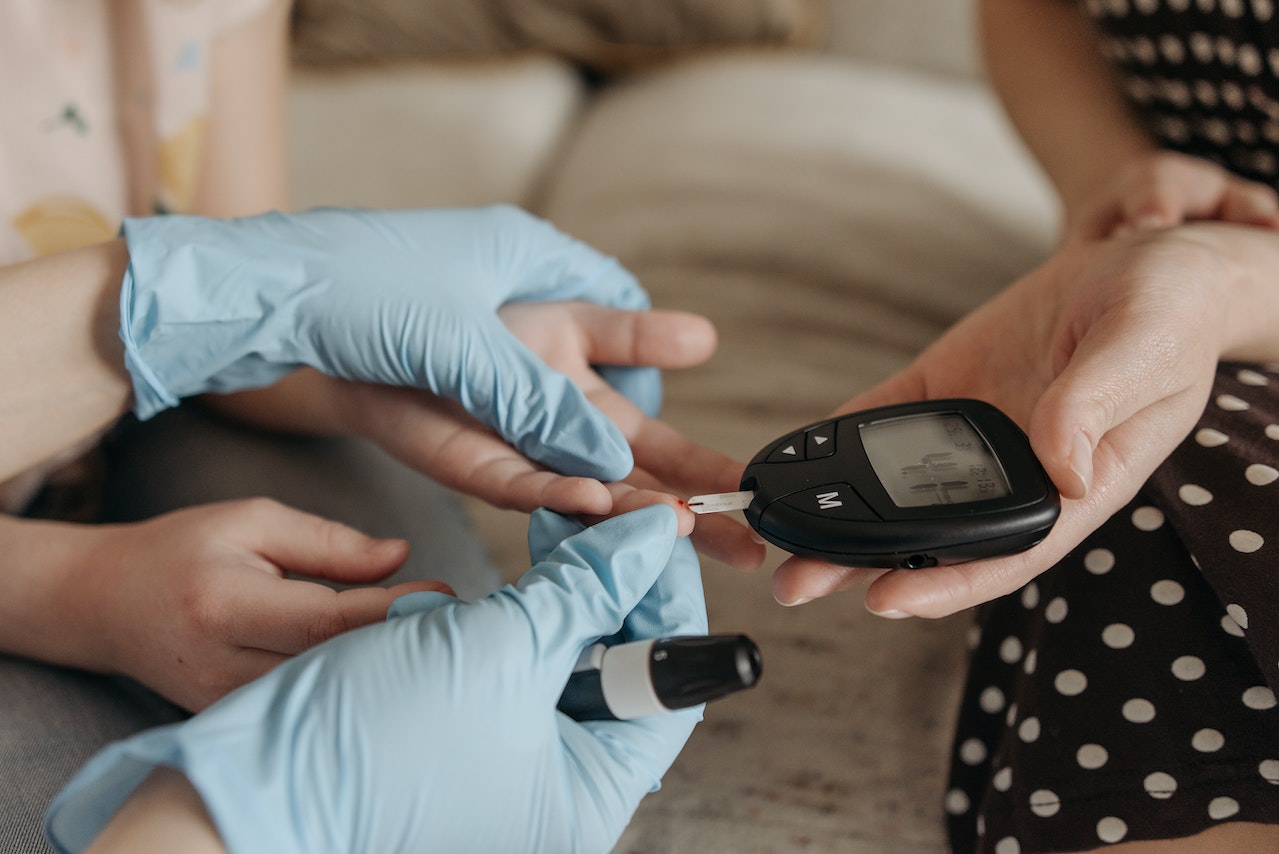
Too much olive oil in your diet or fitness routine may bring your blood sugar to dangerously low levels. Olive oil may lead to increased insulin resistance in your body, thus lowering blood glucose levels. Consuming too much olive oil is bad and puts you at a greater risk of suffering health complications like hypoglycemia, sweating, and weakness. Eating olive oil in moderation is the key to managing optimal blood glucose levels and staying in the best physical health.
6. Increases Inflammation
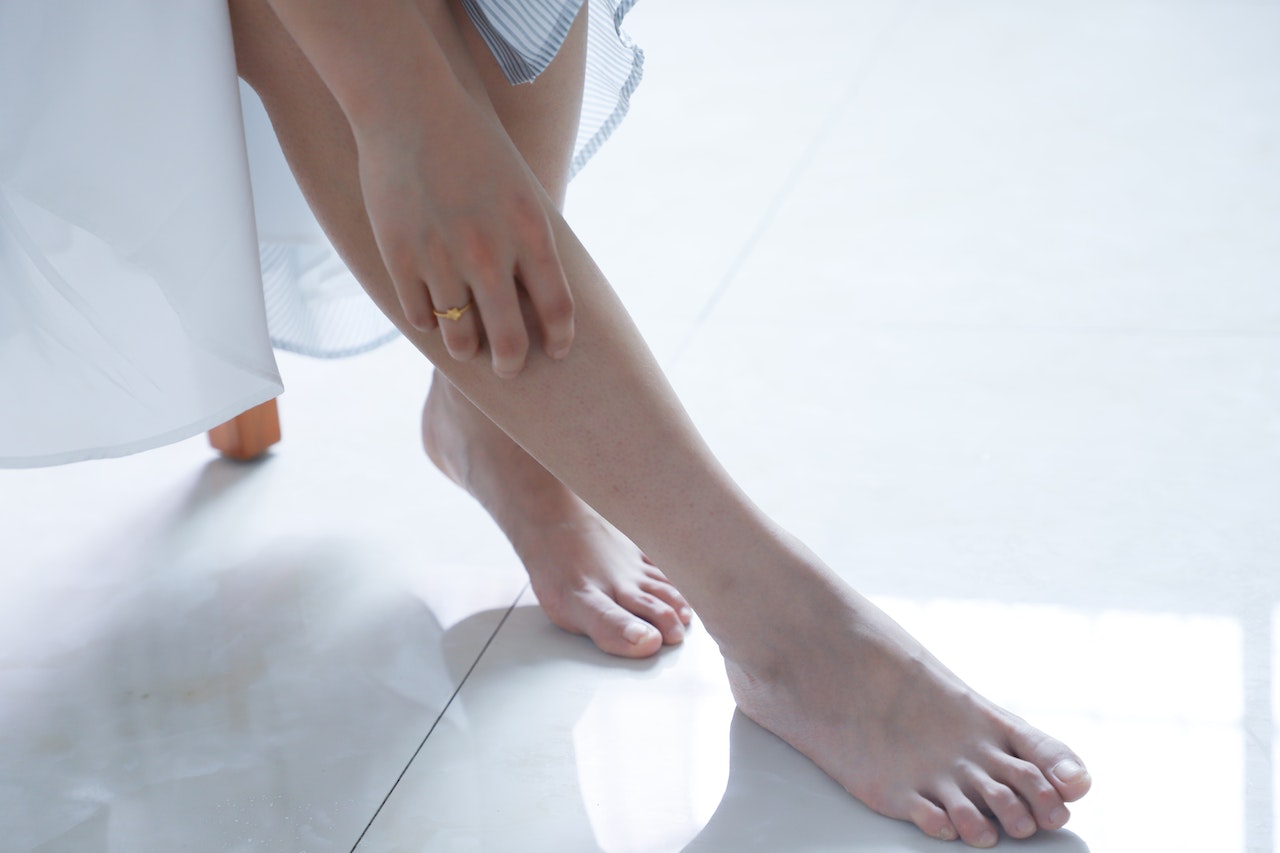
Inflammation is your body’s natural response to any injuries and cellular damage. It often shows up as swelling, redness, and heat at the site of an injury or infection. A little inflammation in your body may help in repairing the muscles and tissues from an injury. But too much of it can be a concern. Olive oil is loaded with fats and may cause inflammation in your body if consumed excessively.
Olive oil is chock-full of oleic acid, which speeds up the release of lipopolysaccharides from the gut into the bloodstream. An elevation in the number of LPS in the bloodstream, in turn, may make immune cells cause more inflammation in the body.
Also, olive oil is shown to level up markers such as inflammatory cytokines, linked with chronic inflammation in the body (2).
7. Gallstones & Blockages
An increased risk of suffering gallstones is another wonderful answer to the question- is too much olive oil bad for your health? The liver is an organ that produces bile for easy breakdown of the food you eat. This yellow-colored liquid is stored in your gallbladder. But, when your body holds excess fat and you over-consume olive oil on top of it, the gallbladder initiates the release and emulsification of fats. It eventually leads to blockages in the gallbladder or gallstones.
8. Gut Problems
Olive oil is high in fats and consuming too much of it can lead to digestive troubles such as diarrhea. Many of us like to ingest a spoonful of raw olive oil as a remedy to curb constipation. Though olive oil makes for an appreciable natural laxative, overdoing it can lead to negative effects on health. Consuming it excessively makes it difficult for your system to digest it completely. As a result, you are likely to develop minor to moderate diarrhea.
9. Unhealthy Weight Gain
Olive oil is loaded with calories & unnecessary weight gain is another side effect of olive oil consumption. Surprisingly, every 16 ounces of olive oil contains calories that are equal to two days of your daily calorie requirement (4000 kcal), which is much higher than the calories found in refined sugar (1725 kcal) per pound.
Therefore, you should not cook your main course in olive oil. Instead, adding a tablespoon of olive oil to your salads or air-frying your snacks with olive oil makes a better choice.
10. Itchy Scalp
Who doesn’t love to give their hair a nice hot oil massage? Most of us like to indulge in relaxing head massages using olive oil. Olive oil makes an ancient remedy to curb hair problems such as hair fall, frizz, and many more. Thus, many DIY hair masks and hair care products contain olive oil as an active ingredient.
But, do you know that applying raw olive oil on greasy hair can lead to an itchy scalp and dandruff? Yes, it can. People who are prone to skin allergies can develop rashes on the scalp after applying olive oil. Also, olive oil may not be suitable for fine, thin, and oily hair. It is also noticed that many people feel nauseous after applying olive oil to their scalp due to its smell. Here, switching to other herbal oils such as coconut or jasmine oil may be a safer option.
Special Precautions and Warnings
Here are a few special precautions you must keep in mind while starting to include olive oil in your diet or fitness regimes.
When Taken Orally: Olive oil makes an active ingredient in Italian or Mediterranean diets. Consuming up to 1 liter of extra virgin olive oil per week is generally considered safe for people who follow a strict Mediterranean diet. However, it's best to stick to consuming around 1-2 tablespoons of olive oil for the best health benefits. Olive oil is well tolerated by most people but may cause nausea in a few cases.
When Applied on the Skin Topically: Olive oil is usually safe to apply on the skin topically. It's better to avoid applying olive oil on your skin if you are suffering from skin allergies or other skin conditions. Also, when used in the mouth following dental treatment, the mouth may feel sore more than ever.
Pregnancy and Breastfeeding: Olive oil is used as an ancient remedy to curb several health and beauty problems. However, it’s still unclear if it is safe to use by women when pregnant or breastfeeding.
Tips to Mitigate the Side Effects of Olive Oil
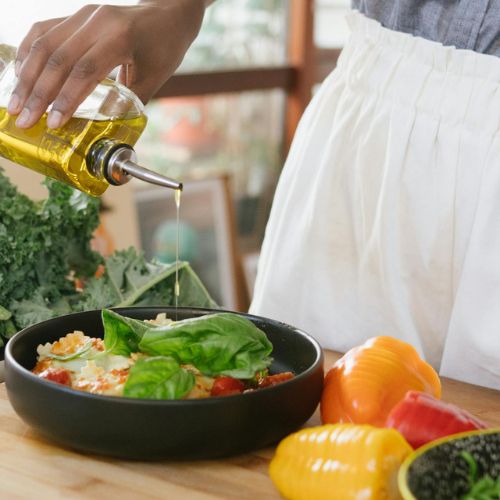
1. Focus on the Quality: When buying olive oil, make sure it is unrefined. Look for an “extra virgin” label, as it's the highest quality and has a superior taste as compared to other grades of olive oil. Packaging also matters when it comes to picking olive oil — choose a product that's packed in dark glass bottles to keep it fresh and safe for longer. Moreover, don’t forget to look for the harvest date, as it hugely affects the quality of olive oil. Choose a product that’s been harvested within the last year for the best taste and aroma.
Overall, picking a superior-quality olive oil from a trusted brand can help you reap its positive benefits and avoid potential side effects. However, make sure to consume it in small amounts to avoid the possible side effects of extra virgin olive oil.
2. Be Mindful of Individual Sensitivities: Although olive oil is well-tolerated by most people, those with low blood pressure levels, inflammatory conditions, and gallstones should consume it in moderation to avoid the risks associated with this plant-based oil. It’s always recommended to seek professional guidance before incorporating olive oil into your diet if you have any existing health issues.
3. Use It in Small Amounts: When using olive oil for the first time, start slowly to avoid excess calorie intake. If your body gets easily adjusted to the consumption of olive oil, you can gradually increase your intake. Ideally, 1 to 2 tablespoons of olive oil consumption is well-tolerated by most people. If you feel any discomfort, discontinue use and seek medical help immediately.
4. Mix It with Other Foods: Drizzle a few drops of olive oil over salads or use it to sauté veggies to get the most of its health benefits and avoid complications. Also, when preparing meals with olive oil, make sure not to overheat it, as it has a low smoke point, which can produce a bitter taste and cause complications.
5. Consult a Healthcare Professional: Consuming olive oil in an excessive amount can do more harm than good. Visit a doctor to see if you can add olive oil to your diet or not and how much you can consume on a daily basis.
Conclusion:
Olive oil is densely packed with nutrients that our bodies need every day to function well. Many diets and beauty regimens involve olive oil as an active ingredient. Nowadays, weight watchers and fitness enthusiasts are actively switching to using olive oil instead of other cooking oils as a part of their health regime. However, over-consumption shows up the dangerous side effects of olive oil. They include skin rashes, allergies, digestive troubles, and poor cardiac health. It may also cause trans-fat-related diseases and inflammation in the body.
Therefore, it’s best to consume natural olive oil in moderation. Sticking to consuming 1-2 tablespoons of olive oil is the safer way to replenish your body with essential nutrients found in olives. Also, adding a teaspoon of olive oil to your salads or evening snacks makes it a better alternative instead of using it for cooking the main course meals.
Sources
Olive oil consumption and non-alcoholic fatty liver disease
https://www.ncbi.nlm.nih.gov/pmc/articles/PMC2670406/
Effects of Olive Oil on Markers of Inflammation and Endothelial Function—A Systematic Review and Meta-Analysis





 JOIN OUR WHATSAPP CHANNEL
JOIN OUR WHATSAPP CHANNEL






















